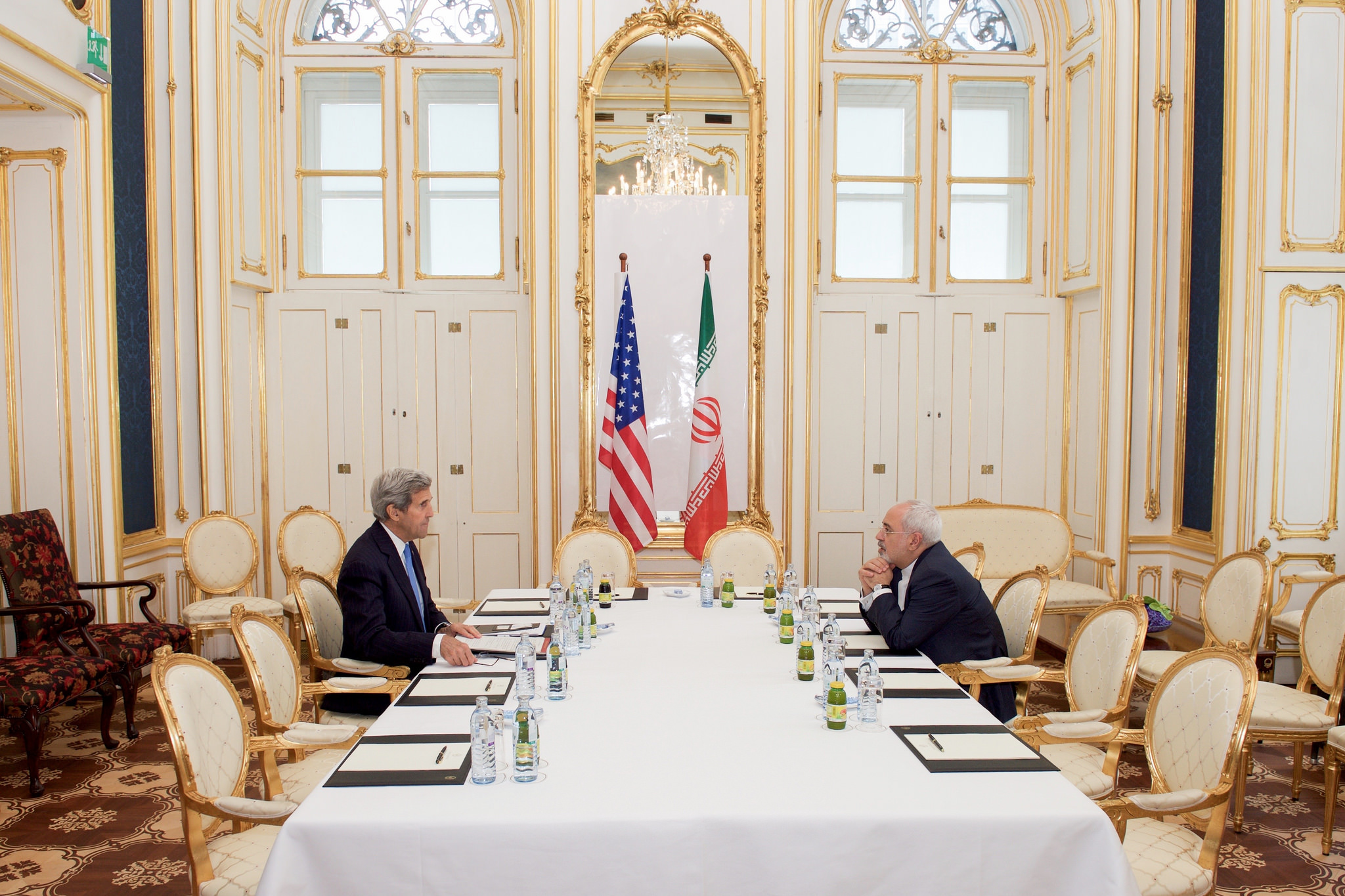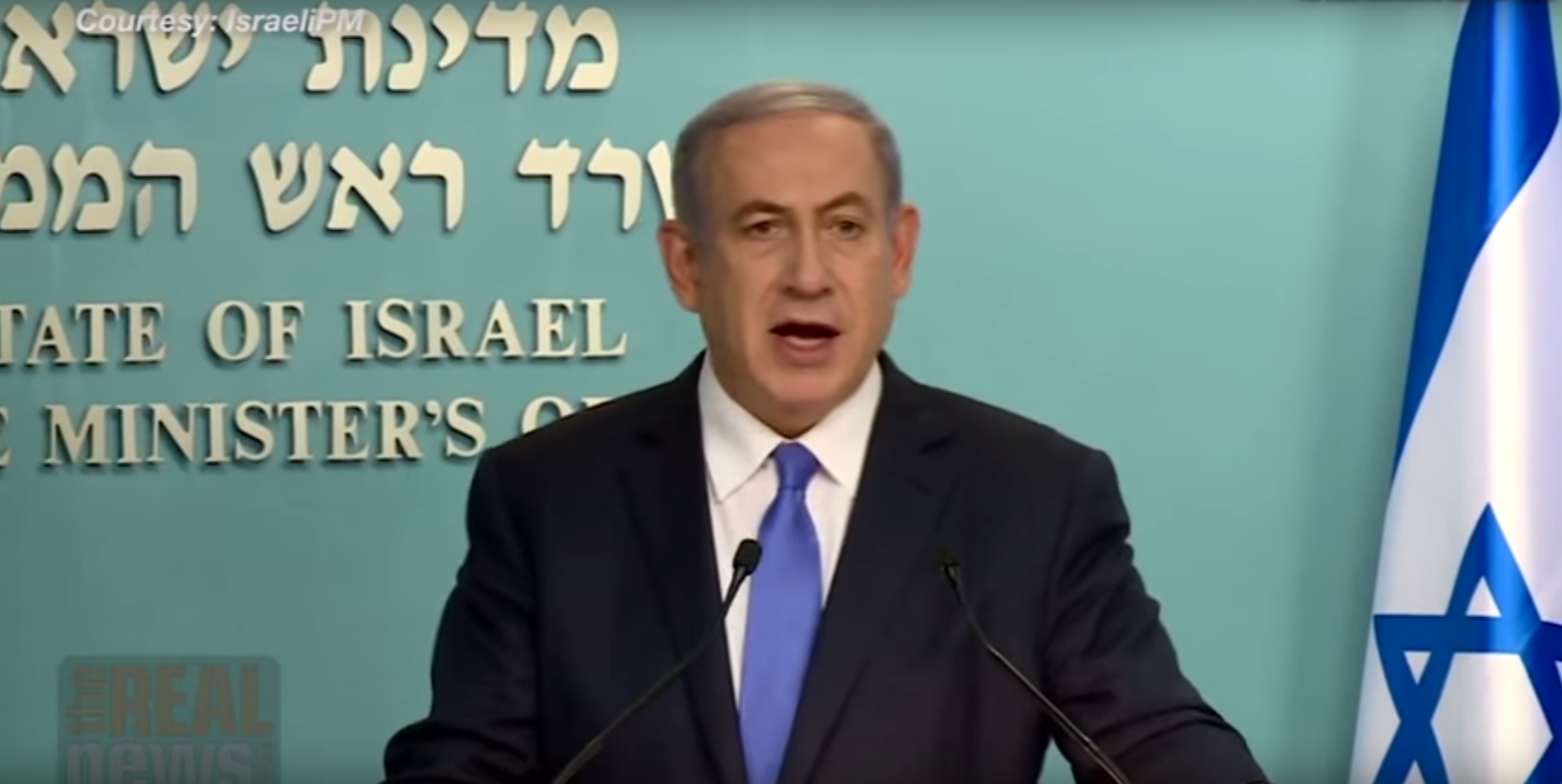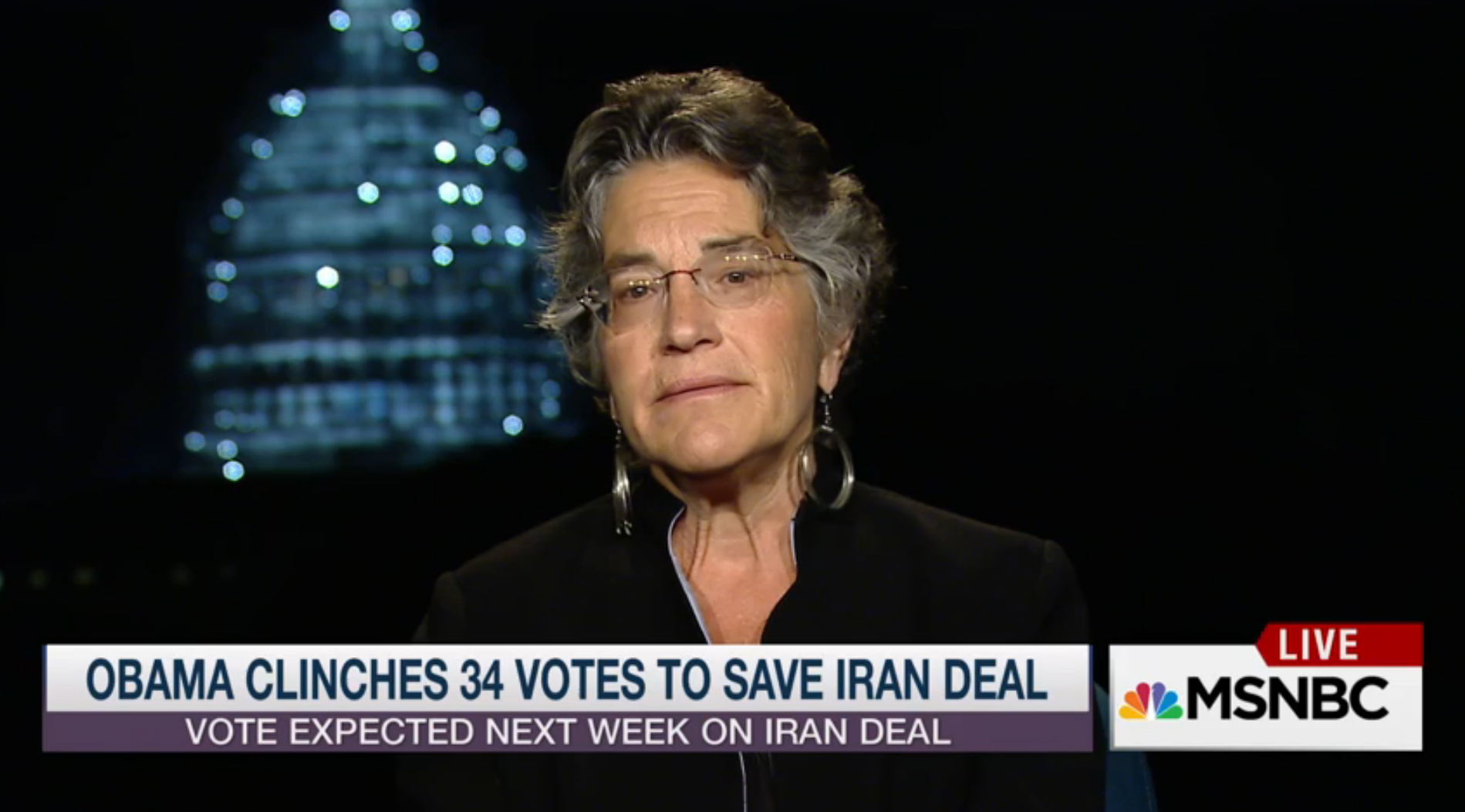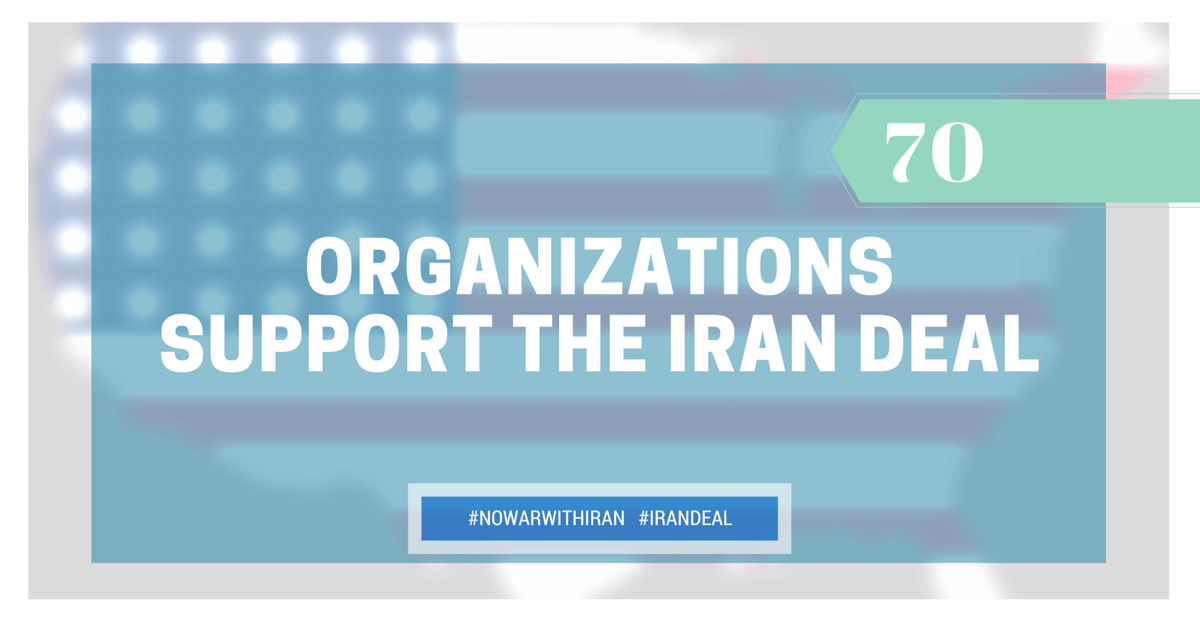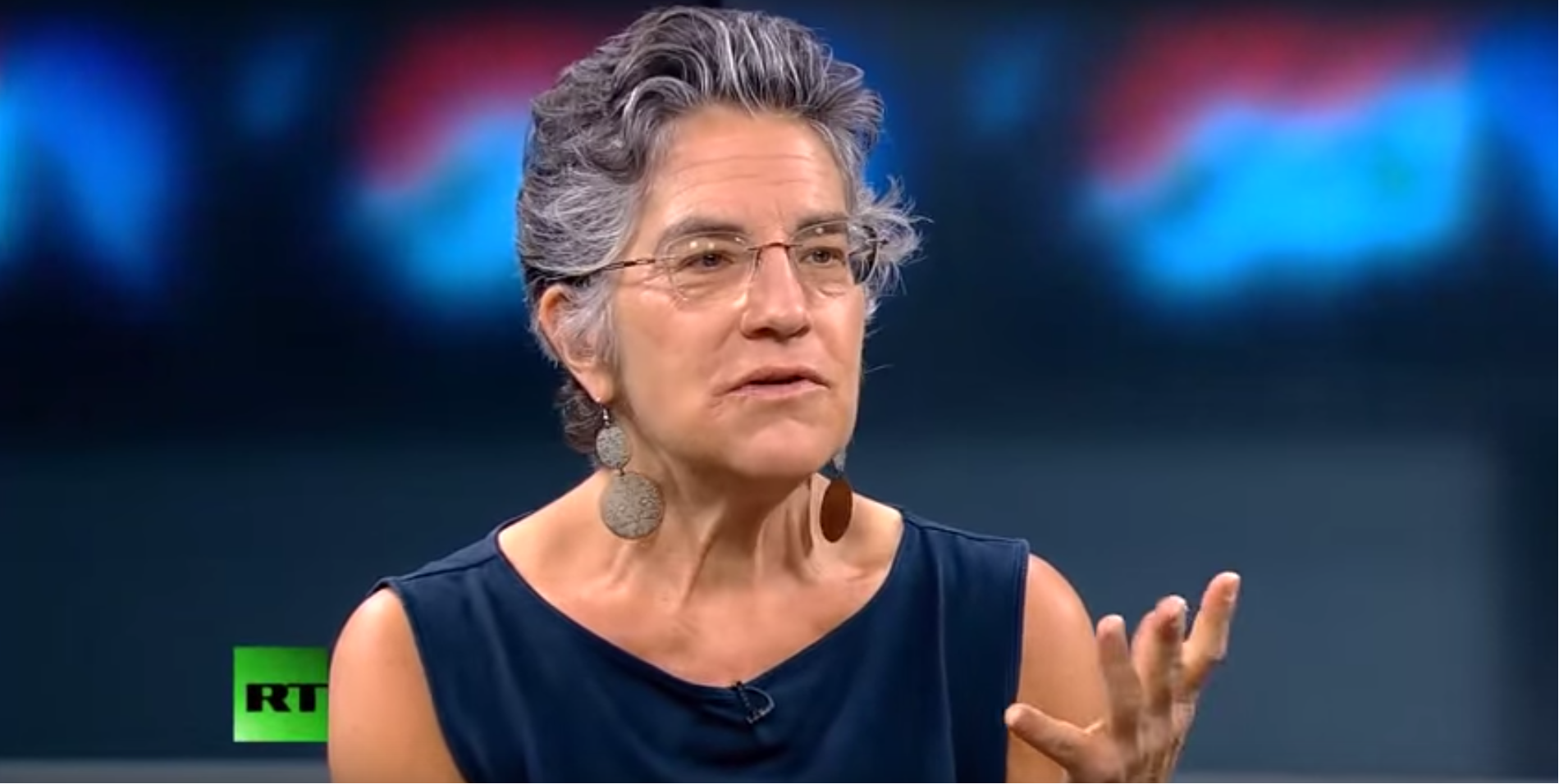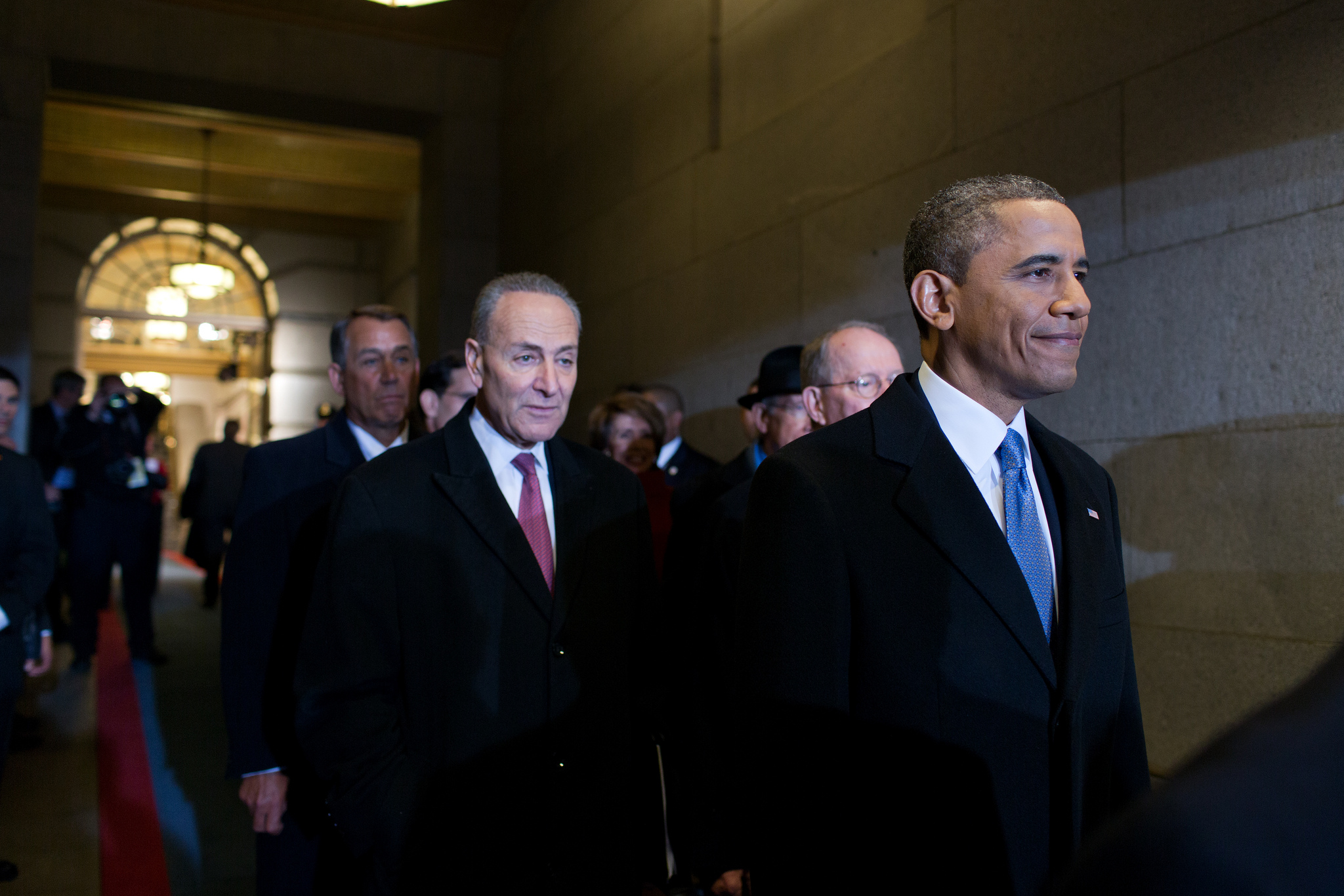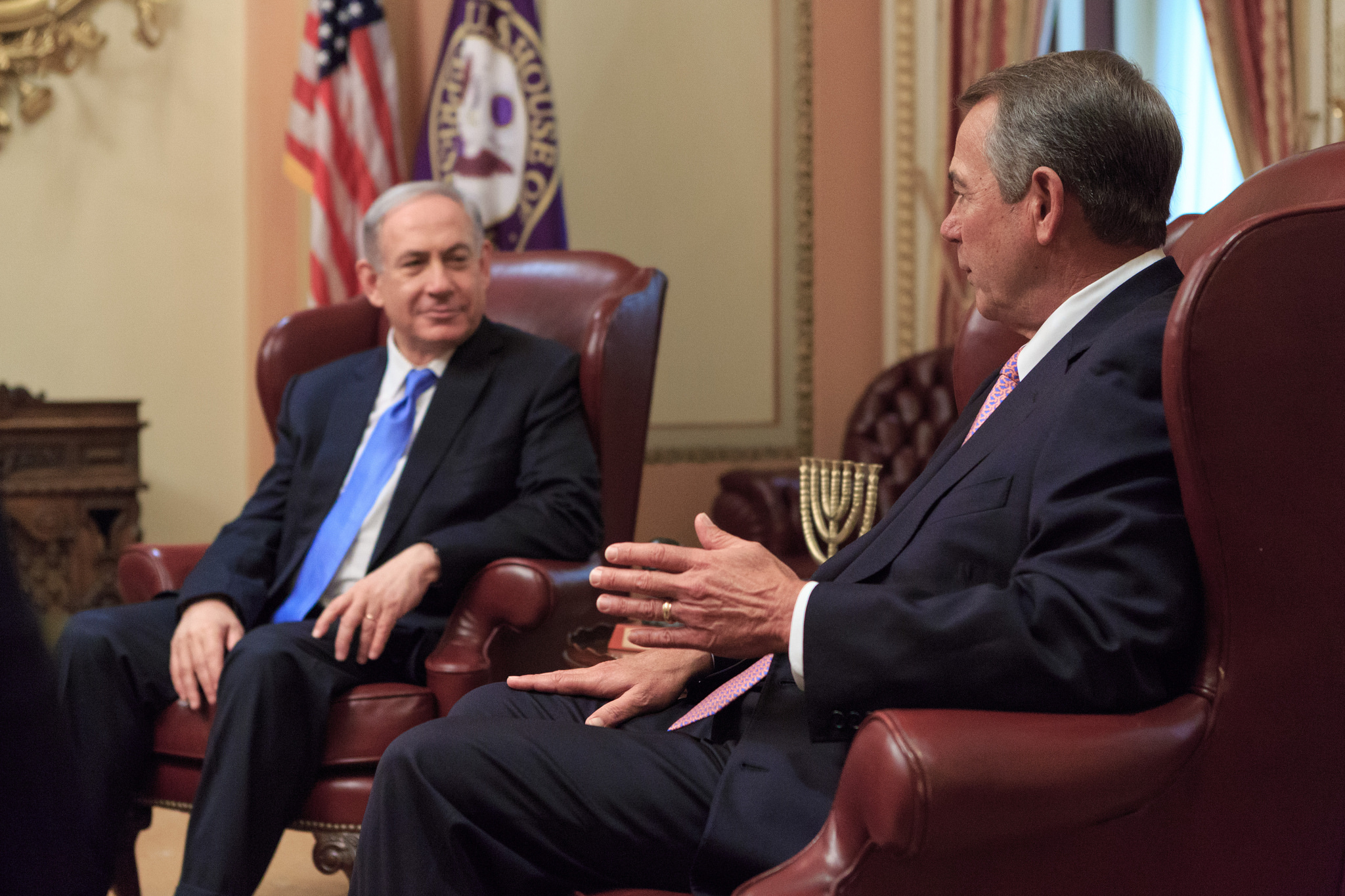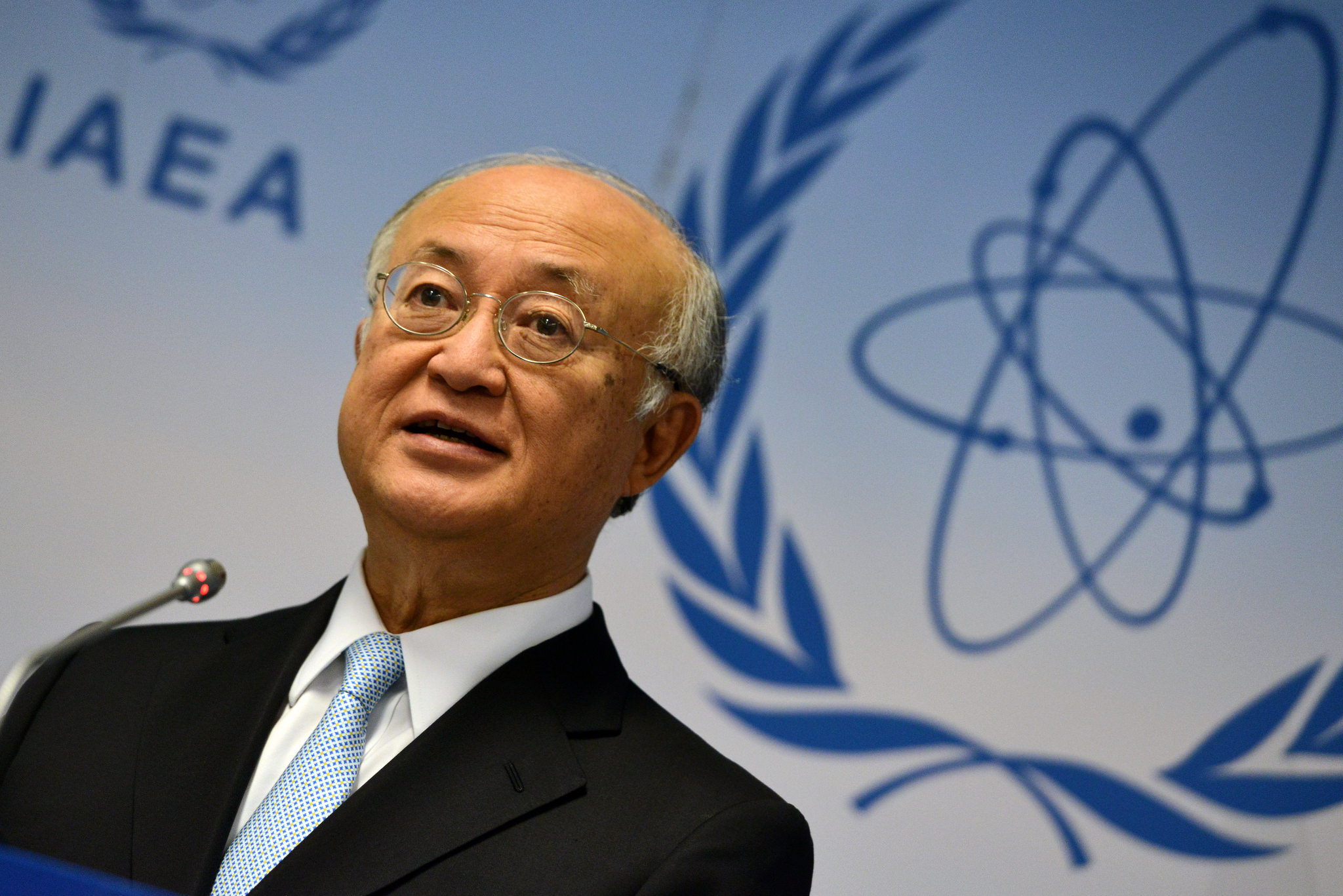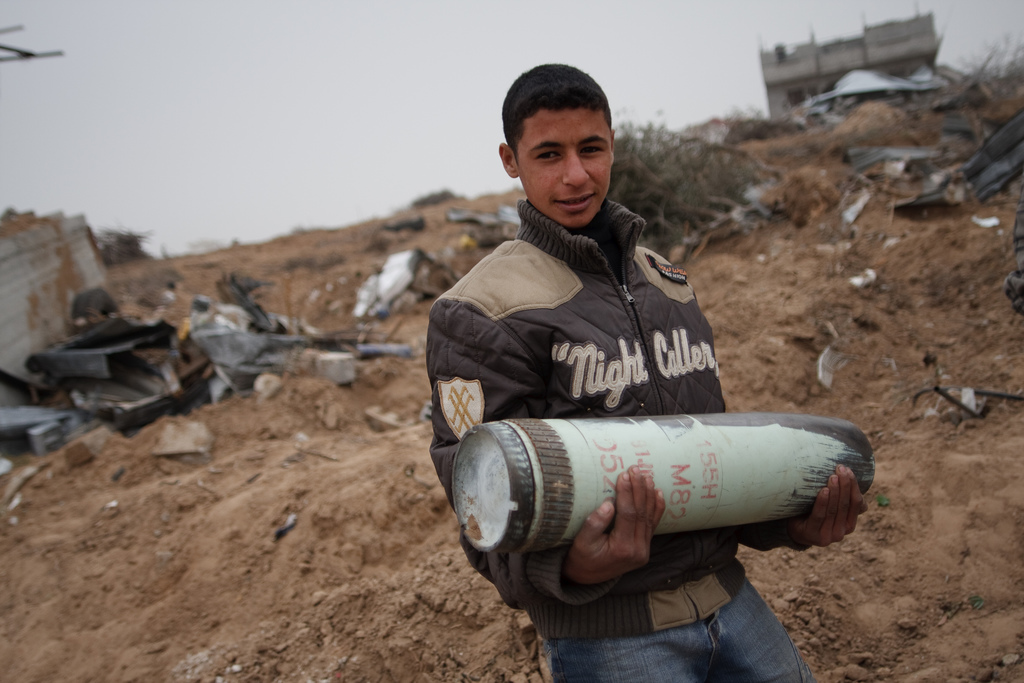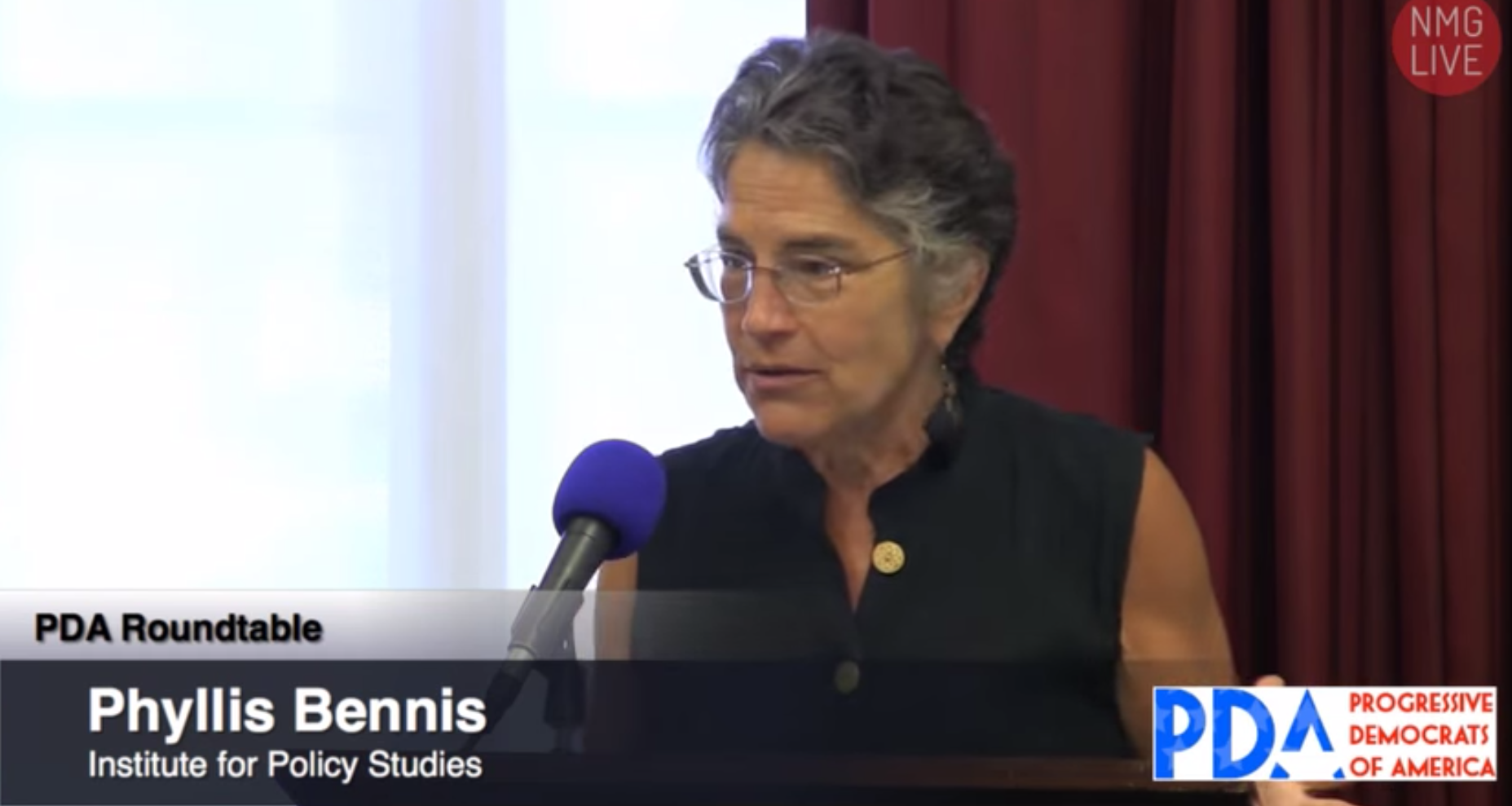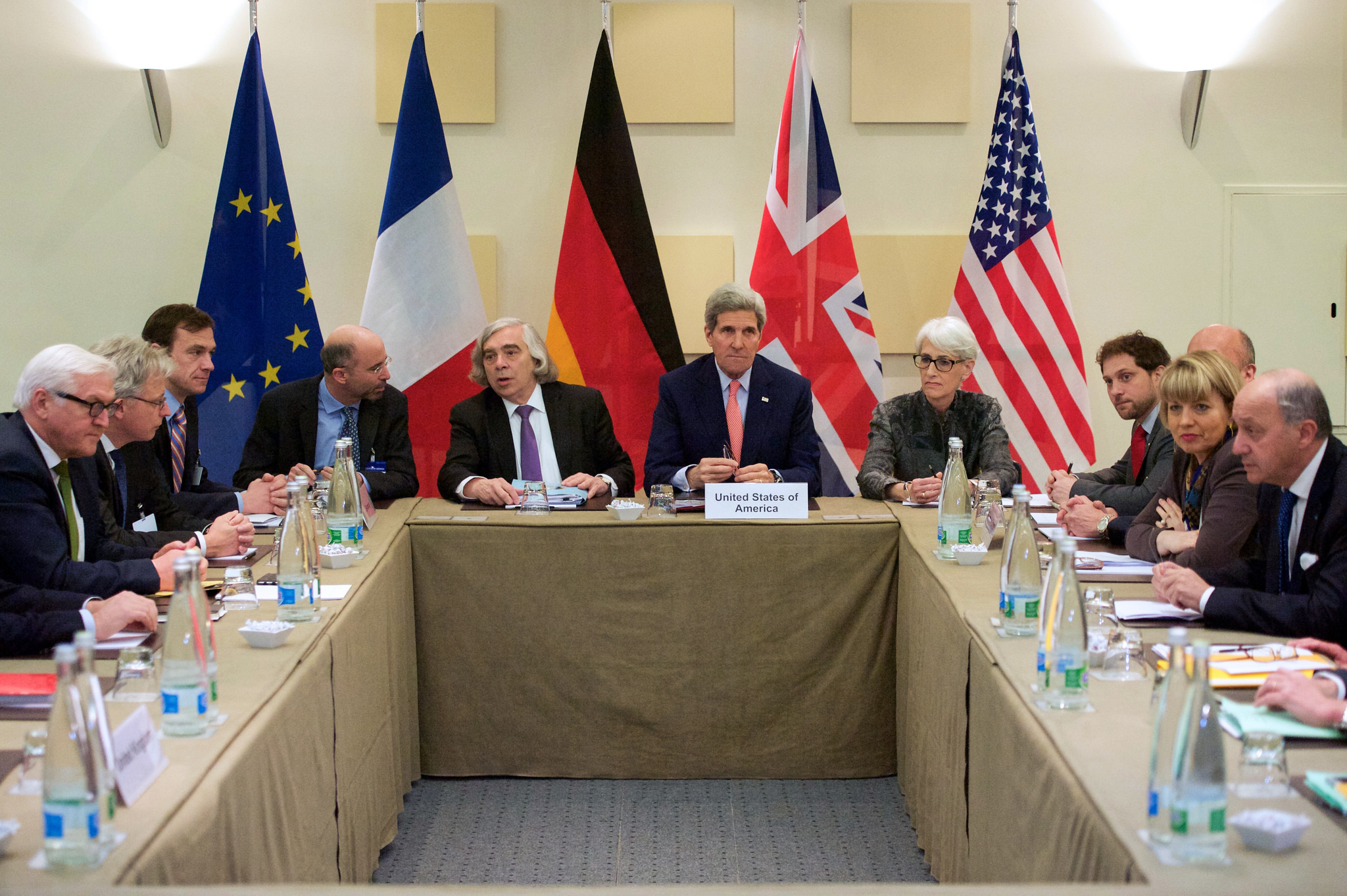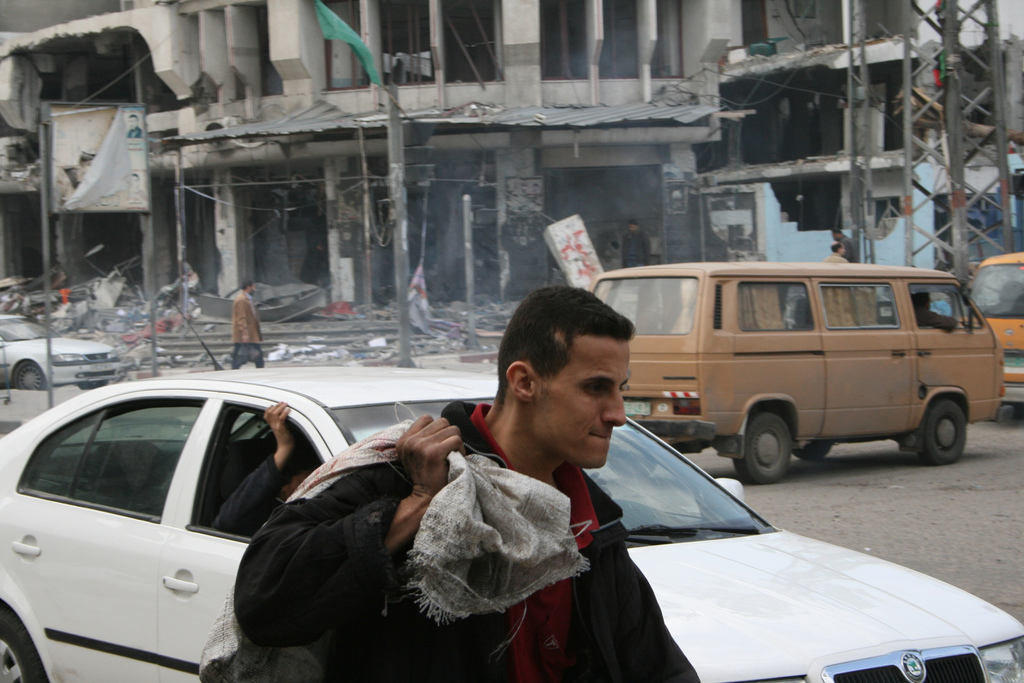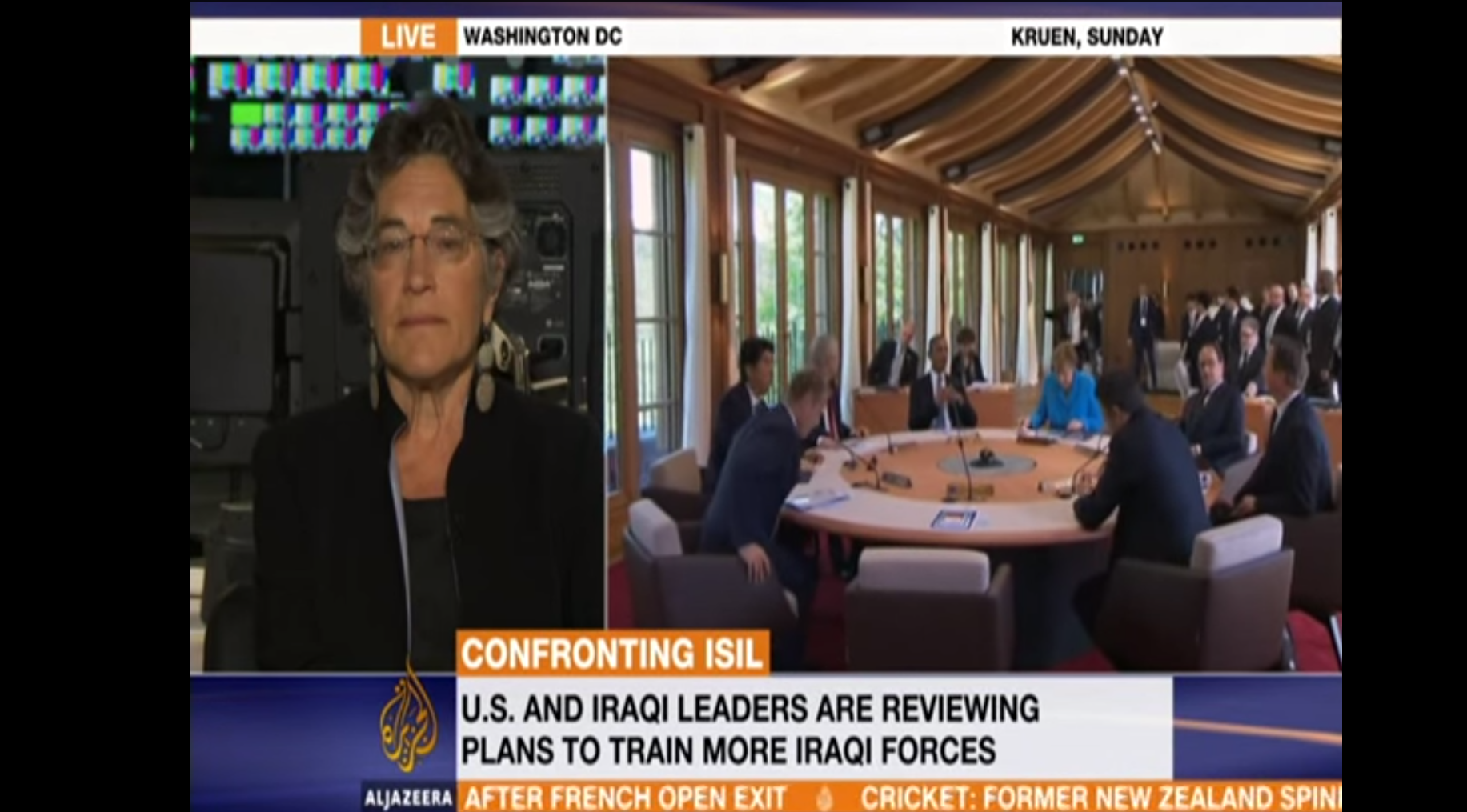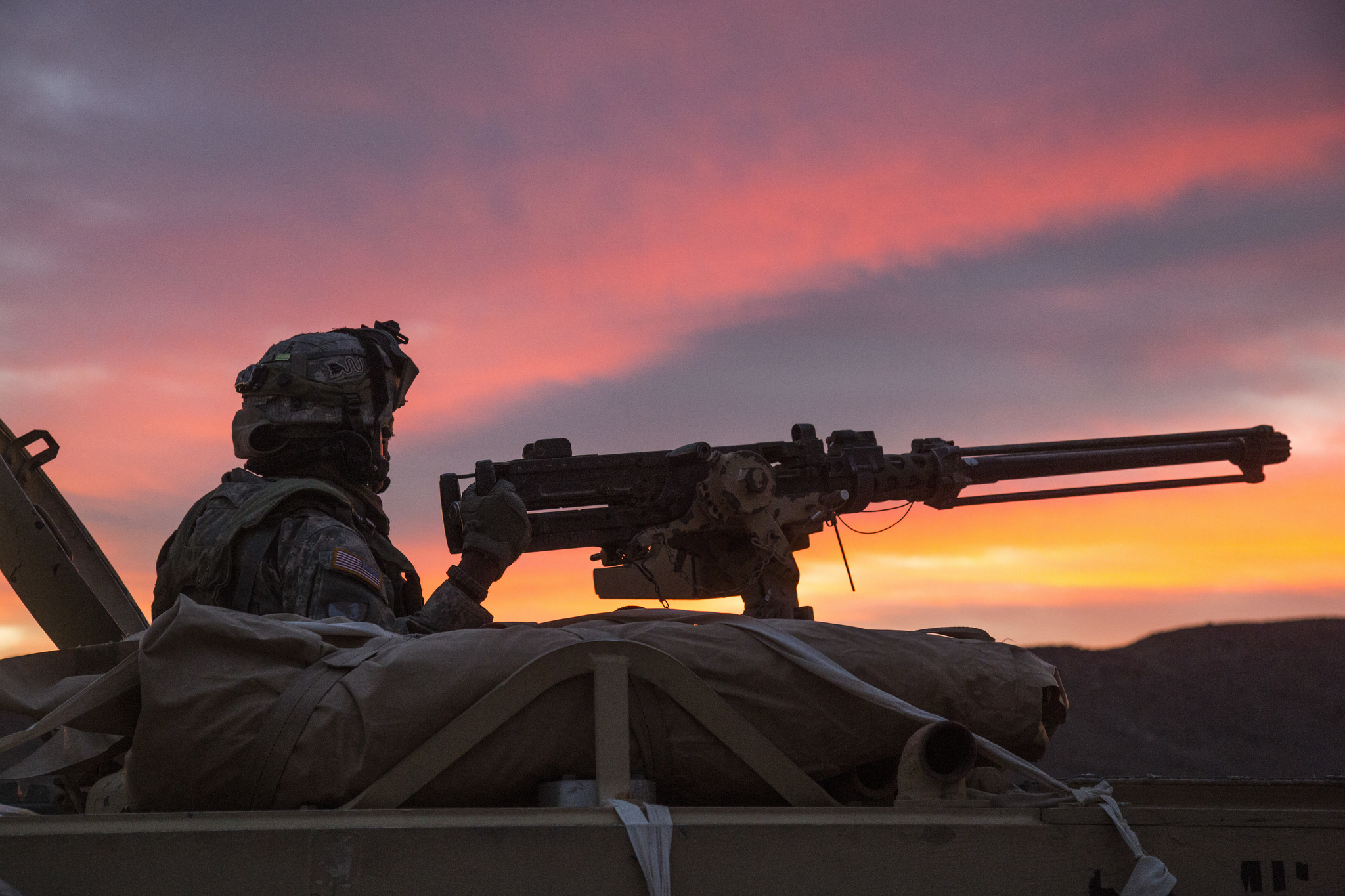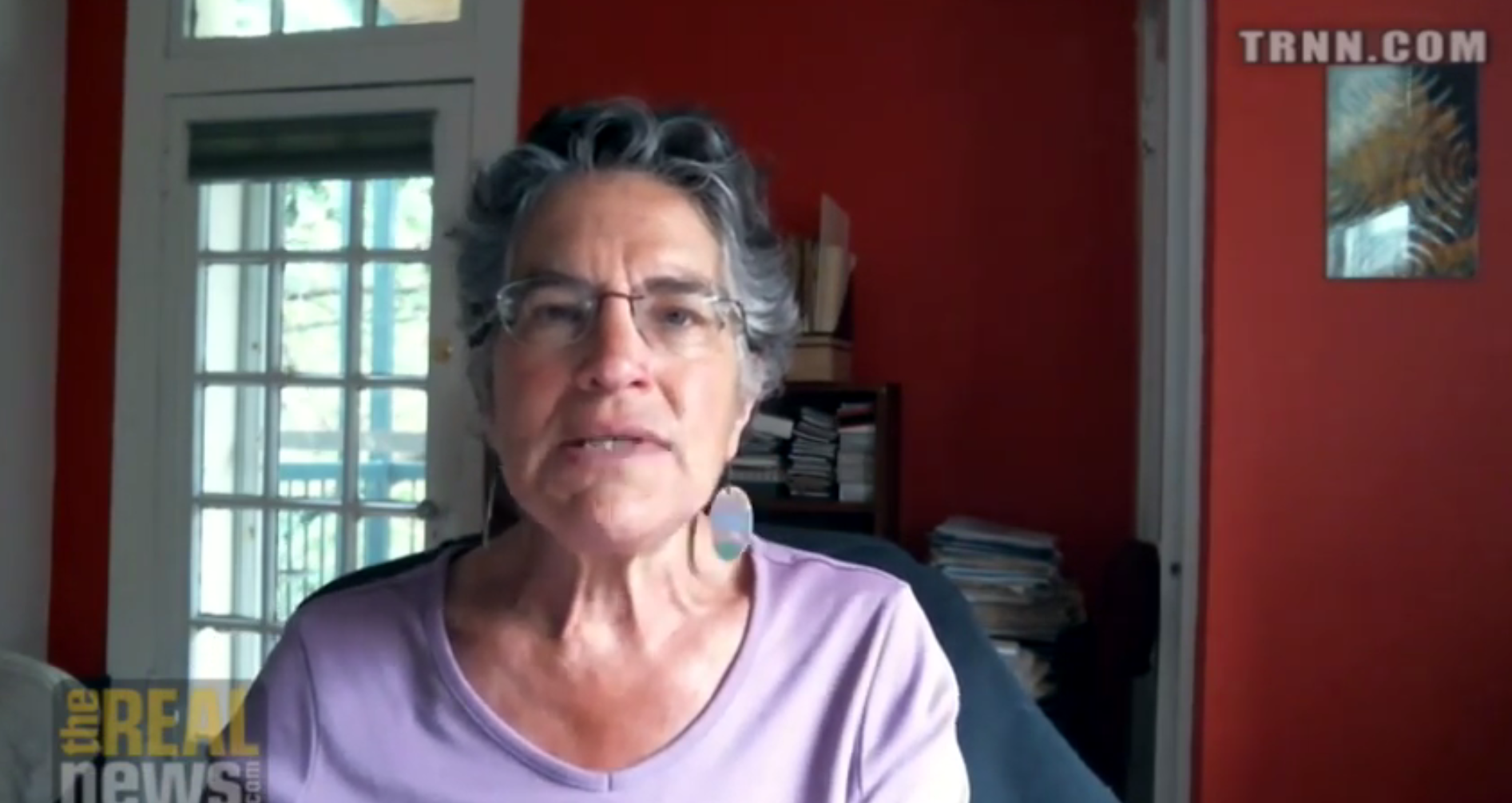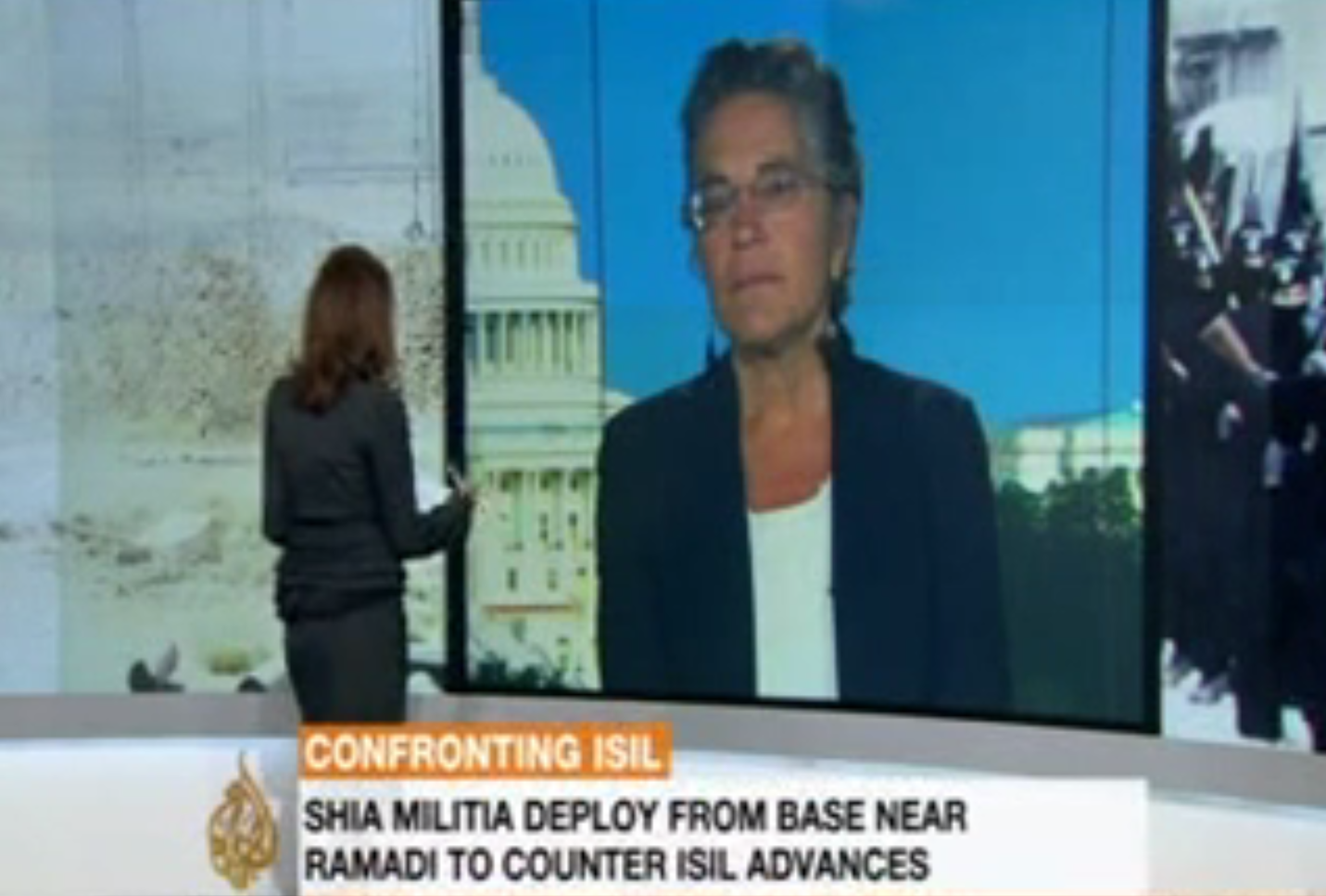New Internationalism
The New Internationalism project works to end wars and militarism, with a focus on U.S. policy.
“New internationalism” refers to a combination of foreign policies based on international law, human rights, and equality for all. Our approach links the power of global social movements — and sometimes progressive governments and the UN — in fighting against wars, sanctions, occupations, and empire.
The project focuses on education, activism, and advocacy to change U.S. policies away from militarism and towards diplomacy. It also works to democratize and empower the United Nations in its fight for peace and human rights.
In all these arenas, the project works with partner organizations who are organizing, mobilizing, and building movements in the U.S. and globally to challenge militarism and support those fighting for justice in the Middle East and beyond.
Receive updates from the New Internationalism Project
Donate to the New Internationalism Project

